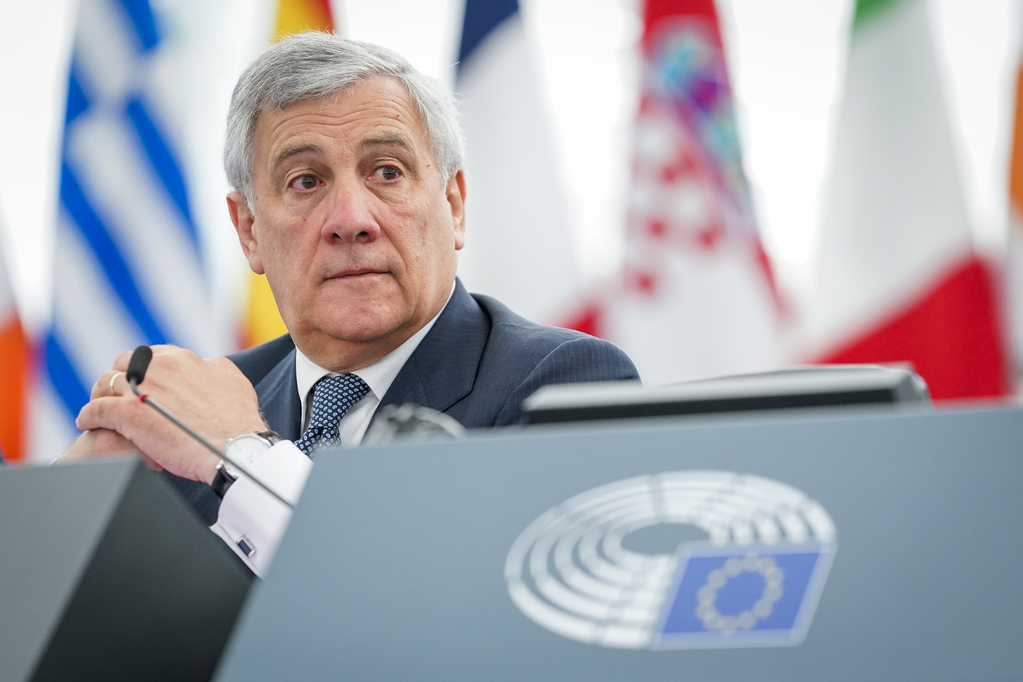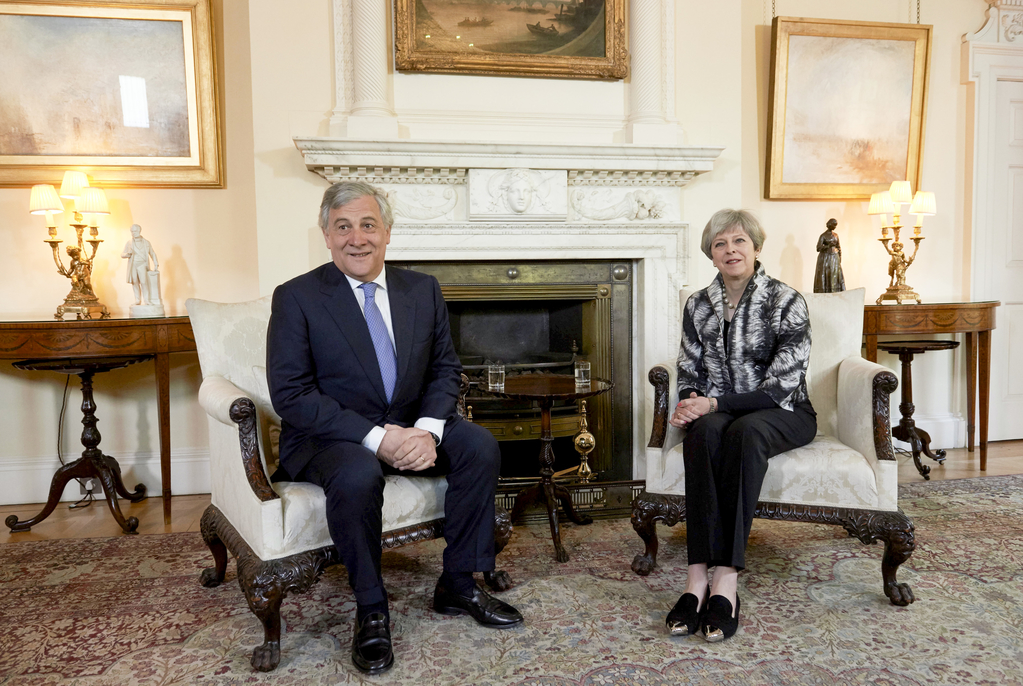Biography
Antonio Tajani was born in Rome on 4 August 1953. He holds a degree in law from La Sapienza University in Rome. Tajani completed his military service as an officer in the Italian Air Force. After attending a specialised air defence course at Borgo Piave di Latina, he joined the NATO Air Defence Ground Environment (NADGE).
Tajani was a professional journalist for more than twenty years. He started out as a presenter of news programmes on Rai Radio 1, the Italian state broadcaster, and was a special correspondent in Lebanon, the Soviet Union and Somalia. He then worked for the newspaper, Il Giornale. A co-founder of Forza Italia, in 1994, he was elected to the European Parliament for the first time.
He was appointed European Commissioner for Transport in 2008 and backed the extension of passenger rights during his tenure. In 2010, he became European Commissioner for Industry and Entrepreneurship, where he championed ambitious reindustrialisation goals, "green growth" and a particular emphasis on helping SMEs, notably through the Late Payments Directive and the Entrepreneurship 2020 Action plan. He was re-elected to the European Parliament and became a vice-president in 2014. Antonio Tajani was elected President of the European Parliament on 17 January 2017. In 2019 he was re-elected to the European Parliament.
Political Posts held
- 1994-2008: Member of the European Parliament
- 2002-Present: Vice-Chair of the European People's Party
- 2008-2010: Vice-President of the European Commission, with responsibility for transport
- 2010-2014: Vice-President of the European Commission, with responsibility for industry and entrepreneurship
- 2014-Present: Member of the European Parliament
- 2014-2017: Vice-President of the European Parliament
- 2014-Present: Member of the executive committee of Forza Italia
- 2017-2019: President of the European Parliament
- 2019-2022: Chair of the Conference of Committee Chairs
- 2019-Present: Chair of the Committee on Constitutional Affairs
- Since 2021: National Coordinator of Forza Italia
What's in the Archives
The fonds of President Tajani’s cabinet focus on protocol activities, official visits, meetings and relations with the President’s media. In terms of the management of Parliament’s internal affairs, a large group of documents deal with the meetings of the Conference of Presidents (communications, notes and agenda). Most of the documents are in electronic format. A collection of photographs is kept in paper format.
 Plenary session of July 2019 - Antonio Tajani at the election of the President of the European Parliament - First ballot © European Union 2019 – European Parliament
"We have to defend democracy. I believe that without democracy, there is no freedom for our citizens. Freedom is the key to the European Union, to our civilisation, to our history and to the future of the European Union."
Plenary session of July 2019 - Antonio Tajani at the election of the President of the European Parliament - First ballot © European Union 2019 – European Parliament
"We have to defend democracy. I believe that without democracy, there is no freedom for our citizens. Freedom is the key to the European Union, to our civilisation, to our history and to the future of the European Union."
 Visit of the President of the European Parliament Antonio Tajani (L) to London - meeting with Prime Minister of the United Kingdom Teresa May (R) at 10 Downing Street © European Union 2017 – European Parliament
Visit of the President of the European Parliament Antonio Tajani (L) to London - meeting with Prime Minister of the United Kingdom Teresa May (R) at 10 Downing Street © European Union 2017 – European Parliament
